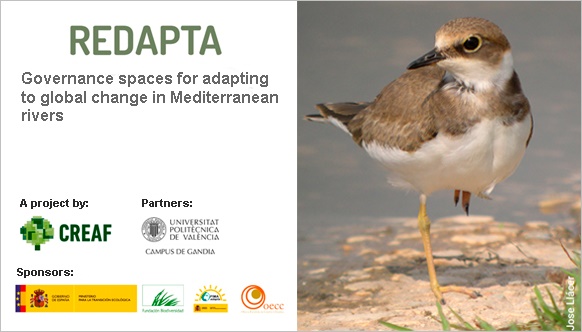Water
How do trees handle thirst?
All living organisms need water, and plants are no exception. While many animals can move around to find it, most plants are rooted to the spot and have therefore had to develop astonishing ways of obtaining and storing it.
Expedition begins to chart the invisible biodiversity of Pyrenean lakes
The Pyrenees region is experiencing a warming rate higher than the global average, making it a critical observatory for the impacts of climate change. Researchers from Spain, Andorra and France have begun efforts to chart the biodiversity of microorganisms living under the surface of 300 different lakes across the Pyrenees. The initiative will shed light on how invisible communities maintain the health of these unique and fragile ecosystems, helping the region prepare and adapt for the long-term impacts of climate change.
Increasing the climate resilience of the Mediterranean, the mission of the European project CARDIMED
How to reduce water fragility in a context of drought
Why can the drought that Catalonia is experiencing today not be blamed solely on climate change? Could the situation of persistent drought be a foreshadowing of what Europe will experience in the coming years? To what extent does the situation have to do with water management policies? What are the steps we need to take from now on? We are trying to provide a summary to answer these questions, about a case that is not isolated and may be the prelude to situations that will arise over the next 50 years.
Citizens move to adapt the Tordera and Serpis river basins to the impacts of global change
A new project to adapt the River Tordera (Catalonia) and the River Serpis (Valencia) to the effects of climate change has begun. This will involve the participation of citizens and stakeholders in these basins. This will be done by giving a boost to two existing governance spaces: the Taula de la Tordera and the Serpis Platform.

CREAF presents the Network for European Mountain Research (NEMOR)
Coordinated by CREAF and comprising more than 50 European organizations, NEMOR has produced a document seeking the European Commission's recognition of mountains as a unique setting for activities such as testing related to the effects of climate change, reversing depopulation and promoting new circular economy projects.

